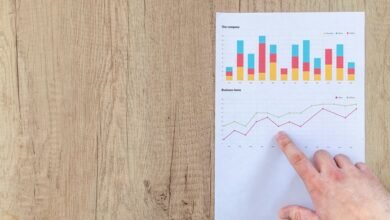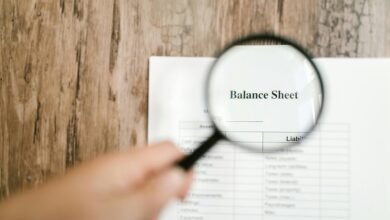Called by Argos or Scam? Verify Now! 2483852651, 2486022768, 2487806000, 2487855500, 2512630572, and 2512923034

Calls from numbers like 2483852651 and 2512923034 may raise concerns about their authenticity. Many individuals encounter similar situations, questioning whether these calls are from Argos or potential scams. Identifying legitimate calls requires careful scrutiny of the caller’s number and the information provided. Understanding the nuances between valid communications and fraudulent attempts is crucial. What steps can one take to ensure safety against these deceptive practices? The answer may be more complex than anticipated.
Understanding the Caller: Argos or Scam?
How can one differentiate between a legitimate call from Argos and a potential scam?
Evaluating caller reputation is essential in identifying fraudsters. Legitimate Argos calls typically display recognizable numbers and provide clear identification.
In contrast, scams often involve unfamiliar numbers and vague information. Vigilance and skepticism are crucial; callers who request personal information or payments should be treated with caution to protect oneself from potential fraud.
How to Identify Legitimate Calls
Determining the legitimacy of a call requires careful observation and critical thinking.
Effective caller identification involves scrutinizing the number, checking for known scams, and validating the caller’s claims.
Utilizing tools for scam detection, such as reverse phone lookups, can help discern authenticity.
Understanding these elements empowers individuals to make informed decisions about whether to engage with the caller or ignore potential scams.
Steps to Protect Yourself From Scams
Numerous strategies exist to safeguard oneself against scams, and implementing these measures can significantly reduce the risk of falling victim.
Individuals should prioritize scam awareness, remain vigilant about unsolicited calls, and verify caller identities.
Enhancing phone safety by using call-blocking applications and reporting suspicious numbers further fortifies defenses.
Educating oneself about common scam tactics ultimately empowers individuals to protect their personal information effectively.
Conclusion
In conclusion, verifying the legitimacy of calls from numbers like 2483852651 and others is crucial in today’s digital landscape, where scams are rampant. Interestingly, according to recent studies, nearly 1 in 5 Americans report receiving a scam call daily. By staying informed and utilizing resources such as reverse phone lookup tools, individuals can better protect themselves against potential fraud. Awareness and vigilance are key to navigating these unsolicited communications safely.




